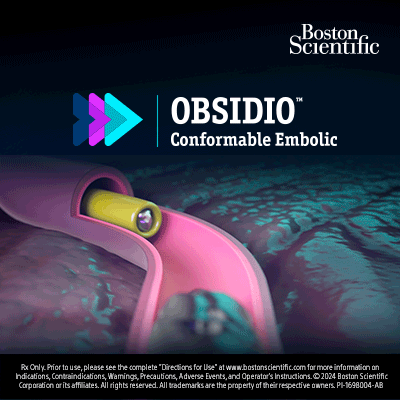SIR 2025
Interventional Oncology
Scientific Session
Three year follow up of Stage 1a Non-small cell lung cancer treated with CT guided cryoablation

Sameer Rehman, MD, MBA
Cardiothoracic and Interventional Radiologist
Desert Radiology/Radiology Partners, United States
Presenting Author(s)
To evaluate retrospectively three year outcomes of patients with early-stage non–small cell lung cancer (NSCLC) treated with Ct guided cryoablation.
Materials and Methods:
Cryoablation was performed on 32 T1N0M0 NSCLCs between July 2020 and July 2021. All ablative procedures were performed with 14-gauge or 17-gauge cryoprobes. The number of probes used was determined by the size and location of the tumor. Local and regional recurrence rates were monitored.
Results:
The 36 month survival rate was 88.8% ± 5.2, the cancer-specific survival rate at 36 months was 76.6% ± 26.5, and the 36 months progression-free survival rate was 92.9% ± 7.1. 14 G probes were used in 6 patients and 17 G probes were used in 26 patients. The combined local and regional recurrence rate was 10.2%. Major complications occurred in no patients. Two patients requiring prolonged placement of a chest tube. There were no deaths in the first 60 days after treatment. Two patients had repeat ablation performed at 13 month and 18 month follow-ups.
Conclusion:
Cryoablation is associated with a good overall long-term survival with minimally complications. Cryoablation is a potentially curative, viable therapeutic option for patients with stage I NSCLC who are deemed medically inoperable.


.jpg)